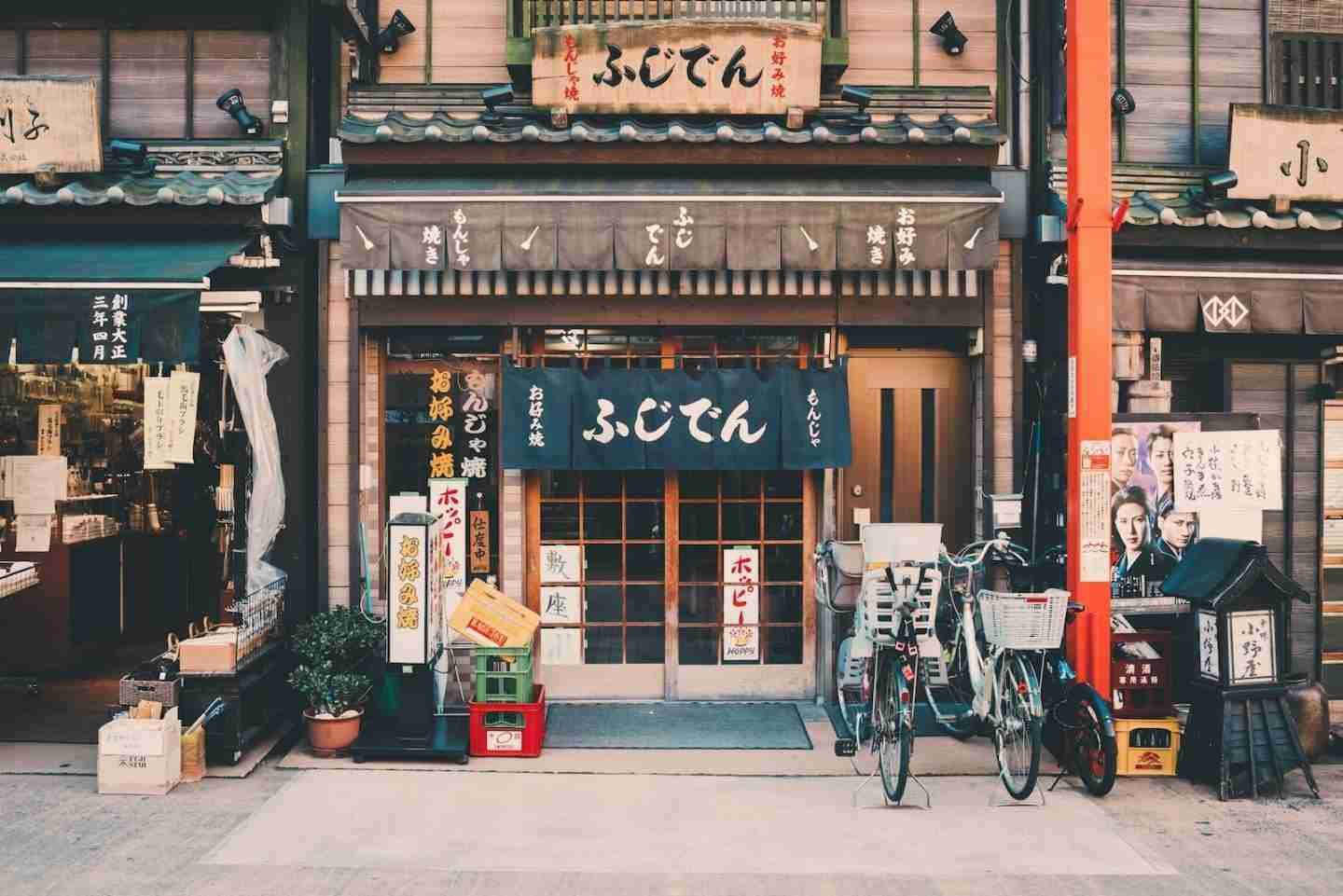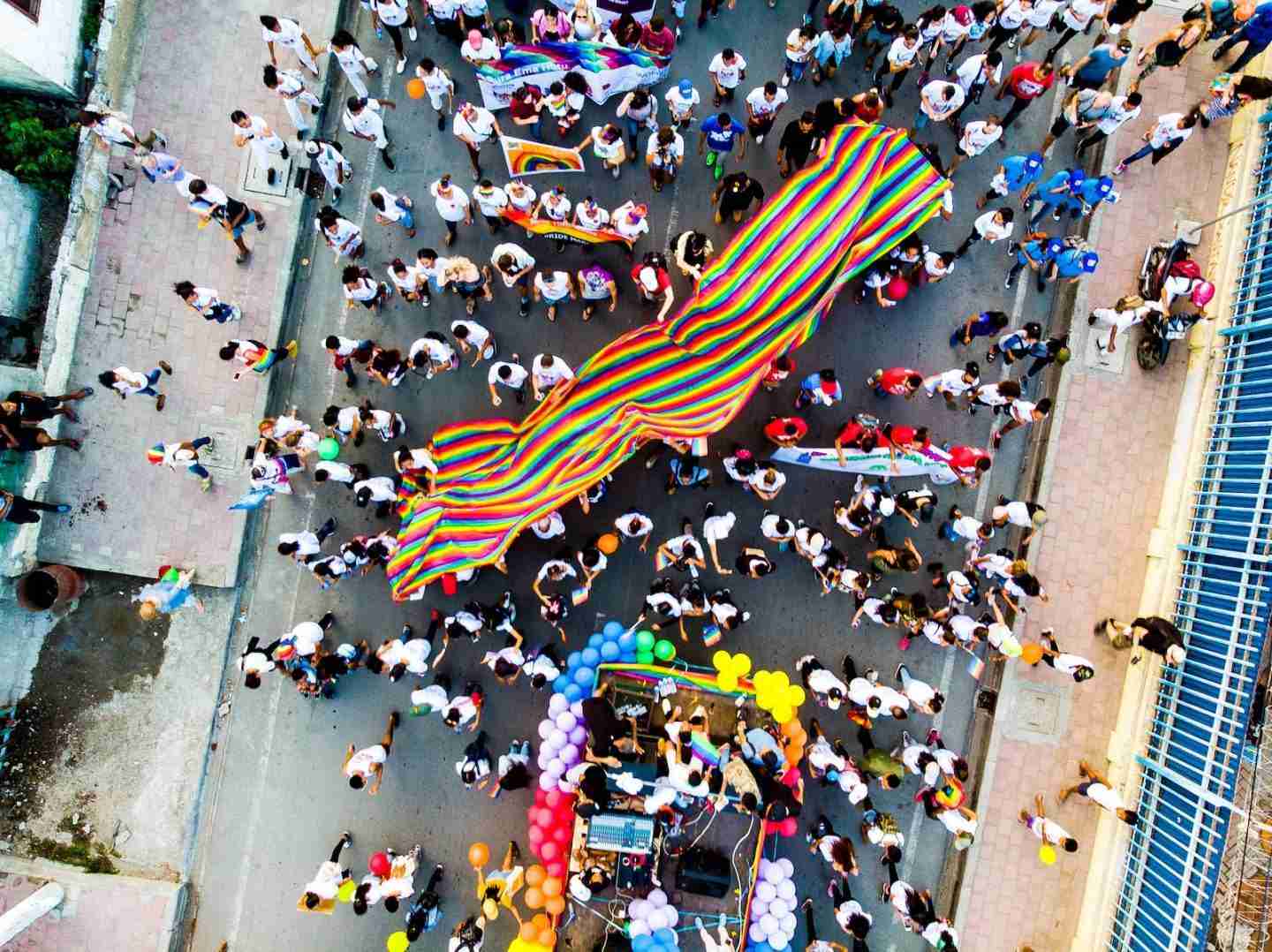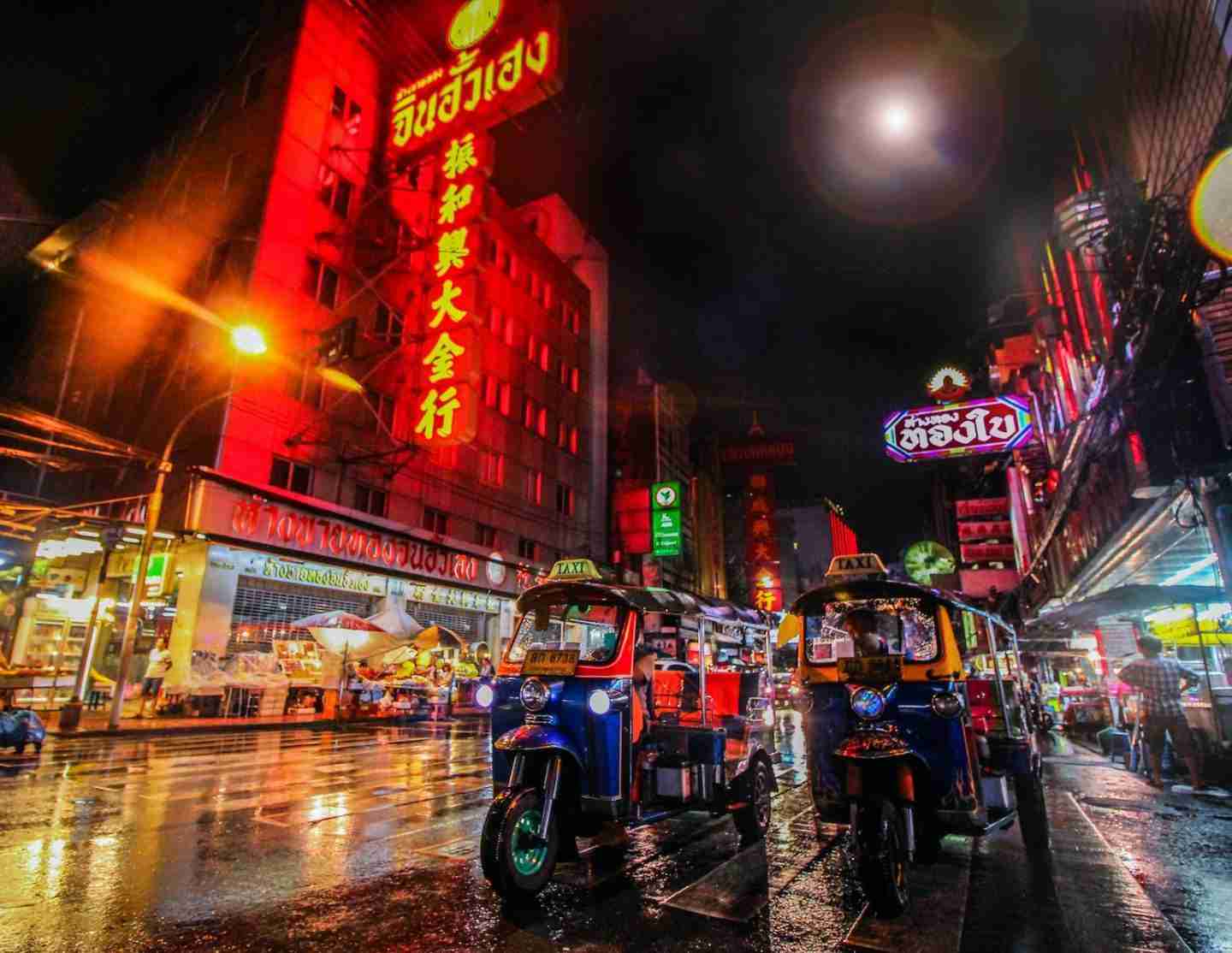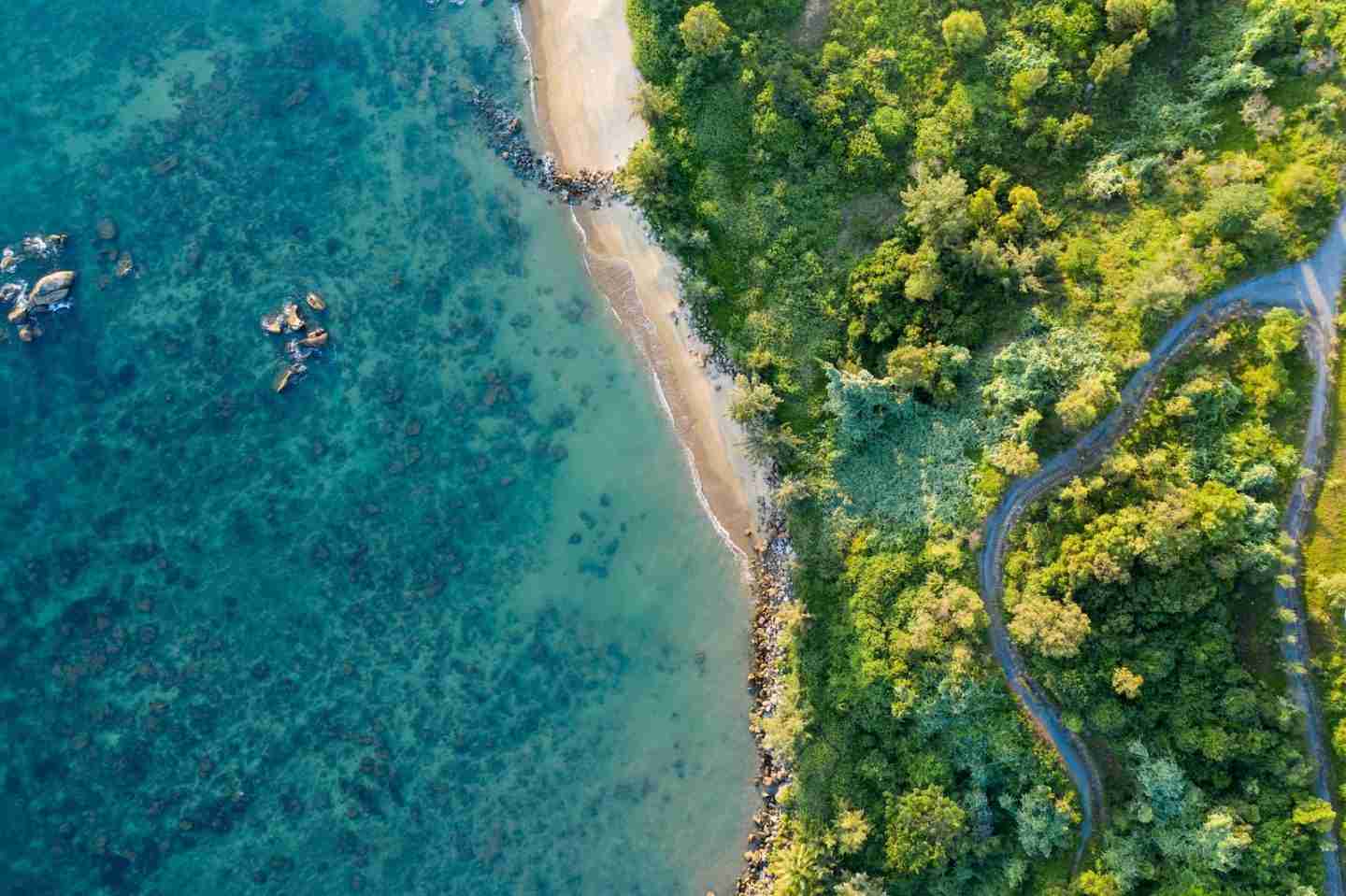Deciding where to go on holiday in Asia as a member of the LGBTQI+ community can
sometimes be tricky. Many Asian countries are unfortunately still quite conservative regarding this topic. Nevertheless, there are a number of countries in Asia that are at the forefront of gay rights and hence where you could travel to without hesitation. When choosing where to go on your next holiday, please check out these gay-friendly travel destinations in Asia.
Just a heads up. Some of the links and products featured in this article are sponsored or affiliate links. Which means we might be paid for featuring them. This is how we keep the magic alive baby, but we only work with great brands so sip your flat white and read on hunz.

LGBTQI+ rights in Asia
For the most part, there is still a taboo on homosexuality in Asia and in a number of countries you can even be arrested for it, think countries like Myanmar, Malaysia, Singapore, and Sri Lanka. Even in countries where it is legal, it is still such a taboo in society that most people keep it hidden from those around them. Because there is still so much taboo in Asia, it is quite comprehensible that there are only a few countries where same-sex marriages are permissible. Currently, there is only one country that has legalised it, and that is Taiwan. Yet, more and more countries in Asia are beginning to improve and recognise rights for LGBTQI+ people, including Thailand, Cambodia, Vietnam, and Japan.

Taiwan
As mentioned earlier, as of 2019, Taiwan became the first country in Asia to legalise same-sex marriages. After the elimination of the discriminatory Martial Law in 1987, the country yearned for a democratic government and political changes Thus, anti-discriminatory laws were introduced in education, business, and the rest of society respectively in 2004. LGBTQI+ people were also allowed to serve openly in the military from 2002 and gender was allowed to be changed in passports from 2008. In 2018, conversion therapy was officially banned.
Taiwan’s capital, Taipei, is home to the largest LGBTQI+ community in Taiwan and also hosts the largest Gay Pride in Asia every year. It takes place on the last Saturday in October and attracts over 150 000 visitors every year.
Cambodia
Cambodia is known for never having introduced gay laws in the country, but it has also not introduced anti-discriminatory laws to protect the LGBTQI+ community to date. Gay marriages are currently still not allowed in Cambodia. However, the Cambodian government did establish a cohabitation contract for same-sex couples in 2018, which also gave them a number of rights on par with those for straight couples.
Phnom Penh, Cambodia’s capital, has a vibrant gay scene and many gay clubs can be found throughout the city. The city has faithfully celebrated Gay Pride every May since 2003. To enter this country, you will need to apply for a Cambodia visa. This visa is valid for 90 days, and it allows you to stay in Cambodia for up to 30 days. It is a single-entry visa, which means you can only travel into the country once with it. In addition, you may only enter and leave the country within the validity period of the visa.
Thailand
Thailand is on the same level when it comes to being one of the most gay-friendly destinations in Asia.
Homosexuality has been legal in Thailand since 1956. In fact, it was one of the first Asian countries to make it legal. In 2002, homosexuality was no longer labelled a disease in Thailand and three years later in 2005, homosexuals were allowed to serve openly in the military. Anti-discrimination laws have been in place since 2015 in the education and business sectors, among others. However, being a same-sex couple is not yet allowed to marry in Thailand. However, a law has been enacted giving these couples limited rights relating to property and inheritance. Sadly, this does not apply to rights over tax benefits, public health and adoption.

Thailand’s biggest gay scene can be found in the capital Bangkok. Well-known streets in Bangkok where
many bars and gay clubs can be found are Silom Soi 4 and 6. Other Thai cities you can visit that have an
exuberant gay culture include Pattaya, Phuket and quite possibly Chiang Mai as well.
Vietnam
Vietnam is a country with progressive LGBTQI+ rights and despite the lack of a huge gay scene, it is happy to open its doors to members who are part of this community. Like Cambodia, Vietnam has never introduced anti-gay laws. LGBTQI+ people were allowed to serve in the army, change their gender and were allowed to adopt children while single. No anti-discrimination laws are yet in force in Vietnam. The Vietnamese government did introduce a law in 2006 to protect people who had tested HIV positive. Vietnam has not yet enacted same-sex marriage laws, but has drafted the Law on Marriage and Family. However, this law does not recognise gay couples, but gay couples can perform marriage ceremonies without being arrested for it.
The major cities in Vietnam, despite their large LGBTQI+ community, do not have a large gay scene, and the number of gay clubs can be counted on one hand. The capital Hanoi celebrates Pride with fidelity every August, known as Viet Pride.

For trips shorter than 15 days, travellers with UK passports may travel to Vietnam without a visa. Should you wish to stay longer than these 15 days, you Vietnam have to apply for a Vietnam visa. This visa is valid for 30 days, and it also allows you to stay in the country for up to 30 days. Note that your entire stay in Vietnam must fall within the validity period of the
visa.
Japan
Japan is considered to be one of the safest destinations for LGBTQI+ people. The country abolished all anti-gay laws in 1980 and introduced the right to legally change gender in passports in 2003. Although there are no anti-discrimination laws in force in Japan, a number of cities in Japan, including Tokyo, have enacted their own anti-discrimination laws. In Japan, same-sex couples are not legally allowed to marry, but can register for a Partnership Certificate, giving them the right to rent a flat together and support for hospital visits, among other things.
In Tokyo’s Shinjuku district, specifically in the “Ni-Chome” area, there are over 300 gay bars to be found. Cities such as Kyoto, Nagasaki, Hiroshima, and Osaka also have a vibrant gay scene and have many queer hangout spots. The biggest pride festival in Japan is the Tokyo Rainbow Pride and is celebrated every year around April/May. The festival takes place in Yoyogi Park in Tokyo and lasts for three days.
We’d love to hear your experiences, comment below. But, wherever you travel to, be safe and enjoy.
Much love,
Team Nonchalant x


